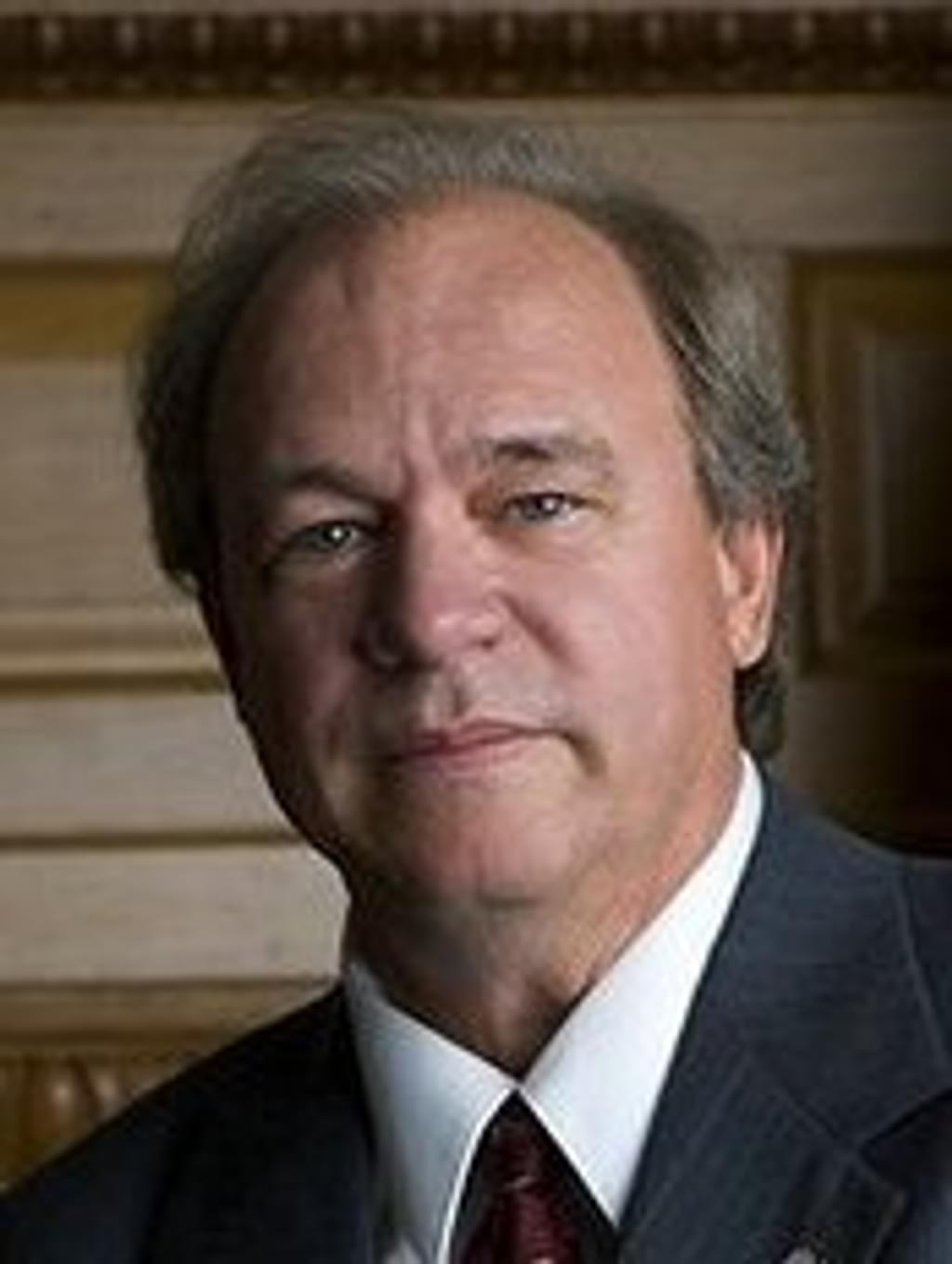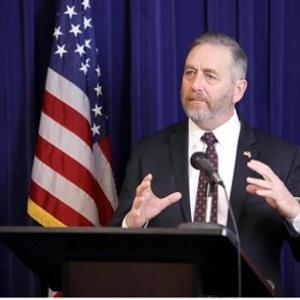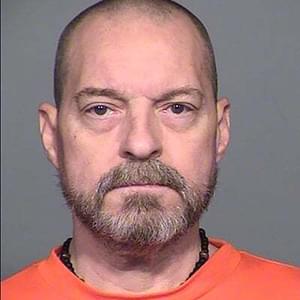

Former high-ranking law enforcement officials from Arizona and Kansas have called on their states to end the death penalty. In separate op-ed stories one week apart, former Arizona Attorney General Terry Goddard (pictured, left) and former Kansas Secretary of Corrections Roger Werholtz (pictured, right) conclude that the capital punishment schemes in their states have failed and should be abandoned. In a November 5 op-ed in the Arizona Daily Star headlined Arizona’s 40-year experiment with the death penalty has failed, Attorney General Goddard said “Arizona does not have a good track record for getting [the death penalty] right,” pointing to problems of innocence, racial disparity, cost, and persistent structural problems with the state’s death penalty law. Goddard, a former Mayor of Phoenix, later oversaw the executions of six people during his tenure as the state’s Attorney General from 2003 to 2011. He now says the state’s death penalty has “failed … in fundamental ways,” with a statute so broad that it “captur[es] nearly every first-degree murder” and defective statutory provisions and judicial procedures that have caused “dozens of [cases to] have been set aside.” He says “[s]entencing the innocent to die … is reason alone to abandon the death penalty.” Although “[g]etting it wrong once is one time too many,” Arizona “has swept up the innocent in its net” at least nine times. Goddard argues that the “unsettling racial disparities” in the application of Arizona’s death penalty—Hispanic men accused of murdering whites are sentenced to death at more than four times the rate of white defendants accused of murdering Hispanics—and “[t]he spiraling costs of seeking and imposing a death sentence are further reason to abandon the policy.” Goddard concludes that, after four decades of using capital punishment, “Arizona has failed to narrow [its] application … and has been unable or unwilling to provide the guidance necessary to ensure that the death penalty is only imposed on the worst offenders.” Given these “myriad problems,” he says, “Arizona should join the rising tide against imposing it.” On October 31, Corrections Secretary Werholtz also authored an op-ed advocating ending the death penalty, though for very different reasons. In an opinion piece in the Topeka Capital-Journal entitled End the death penalty in Kansas, Secretary Werholtz addressed the state’s budget shortfall and the challenges it posed to keeping corrections staff, prisoners, and communities safe. Werholtz—who served 28 years with the Kansas Department of Corrections, including eight as its Secretary—says “one simple choice” in addressing the problem “would be to eliminate the excessive amounts of money we are spending on Kansas’ broken death penalty by replacing it with life without parole.” As Kansas faces a decision on whether to build a new execution facility to replace an execution chamber that the state has never used, Werholtz “believe[s] it’s time we acknowledge that the return on our investment in the death penalty has been abysmal. Numerous studies conclude that the death penalty keeps us no safer than imprisonment, and yet it siphons away far more crime prevention dollars.” Currently, he says, Kansas is unable to fully staff its correctional facilities or make technological improvements to ensure the safety of corrections officers and prisoners alike. “With funds so scarce, and the needs so great,” Werholtz says, “it simply makes no sense for us to continue to invest more in our ineffective death penalty.”
(T. Goddard, “Arizona’s 40-year experiment with the death penalty has failed,” Arizona Daily Star, November 5, 2017; R. Werholtz, “End the death penalty in Kansas,” The Topeka Capital-Journal, October 31, 2017.) See New Voices.
New Voices
Dec 13, 2023




